Washington involved in over 400 wars in less than 250 years of US history
The United States of America has recently fought wars in Afghanistan, Iraq, Libya, Pakistan, Somalia, Syria, and Yemen; at least, those are the ones the Pentagon has officially acknowledged.
The actual scope and extent of American war making is much wider, recently completed research reveals that, up to 2019, the US has engaged in almost 400 military interventions since its founding in 1776.
How many wars is the United States currently fighting? Surprisingly, the answer is NONE; since under the US Constitution Congress must declare war and the last countries that Congress declared war on where Bulgaria, Romania and Hungary in 1942.
Eight decades and what seems to be zero wars; any country with such a record must be one of the most peaceful places on earth.
But as history has shown, this is not the case with the US, which is fighting with, or has waged wars on, many countries across the world.
It just doesn't want to call them wars.
What’s in a name?
Over the last 20 years the US has dropped an average of 46 bombs and missiles on other countries each and every day.
A recent study has revealed that more than a quarter of the 400 wars, which the US has sugar coated in terms such as "a military led operation, police actions or humanitarian interventions", have taken place in West Asia and Africa.
It would appear that while Americans struggle to address urgent needs at home, those in government have committed them to endless wars, in an attempt to support what seems to be one of the key pillars of the US, namely, the military industrial complex.
The US has had to be, on the first hand, with an image of also being seen as a global policeman which can of course, as some have argued, it's done more harm than good.
When you look into the global dominance and production of all these weapons, and also use of it in terms of interventions, you see a situation whereby US wants to be the first, to be seen (as) the most powerful nation in the world, to be seen as the one that can intervene and maybe make a difference.
Whichever difference was enlisted ...of course we have to define that, it is a bit of a gray area, you cannot define it very clear [sic].
Julius Mbaluto, Political Analyst
The world seems to have entered a new era after the Second World War, an era in which relations between countries have been much more stable and peaceful than ever before.
However, while the decline of war and the relative harmony among great powers is cause for celebration, the US seems to believe otherwise in light of the grand strategy, and powers that seem to be running the political system, namely the military industrial complex.
The US has constantly, since the Cold War, intervened in foreign affairs, and engulfed itself in wars far from its borders, wars which in most cases seemed endless and were even considered pointless at times.
But while the US military is swamped in conflicts in other countries, it's hard to see any end in sight, especially at end of such special military operations when there is no victor.
A month into his presidency, Donald Trump said that the US no longer wins wars as it once did. And the reason behind this might be the fact that the US isn't necessarily in wars. It is in fact in "foreign interventions" where its presence has, more often than not, worsened the situation, further aggravating an already chaotic crisis.
This may just be a ruse to support the thriving war business in the US since US military commanders believe the chaos in the world has led to excellent prospects for them, while arms contractors have reported that the recent violence and tensions in the Ukraine have worked in favor of investor profits.
This leads one to wonder whether weapons manufacturers' profit margins and US foreign policy go hand in hand in promoting wars.
If you think about the terror, terrorism happening within the Sahel region and of course, US is an intervention in (Ghana), so they have to do what they have to do, use of drones and all these things.
So they are giving us another reason as well, but elsewhere, whether it's in East Africa, Somali intervention, this is also given a different reason comparing war against terror.
So there's always a reason being given, so, therefore, war never looks like it's been manufactured or is big.
They plan it, deliberately plan it, calculated to maybe maximize sales of weapons, but truth be told that whenever there is a conflict, well, weapons will always be used.
Julius Mbaluto, Political Analyst
Israel has slaughtered 13000 students in Gaza, West Bank
VIDEO | More Zionist than Zionists: Biden’s legacy to be defined by Gaza genocide
Hamas confirms handing approval of Gaza ceasefire deal to mediators
VIDEO | Iran: Show of strength
UNRWA will ‘stay, deliver’ aid to Palestinians despite Israel’s ban: Lazzarini
Explainer: What makes Iran's Rezvan and Raad loitering munitions prized assets?
VIDEO | Unseen agony: Missing loved ones of genocide in Gaza
Iran cuts gold import tariff to zero


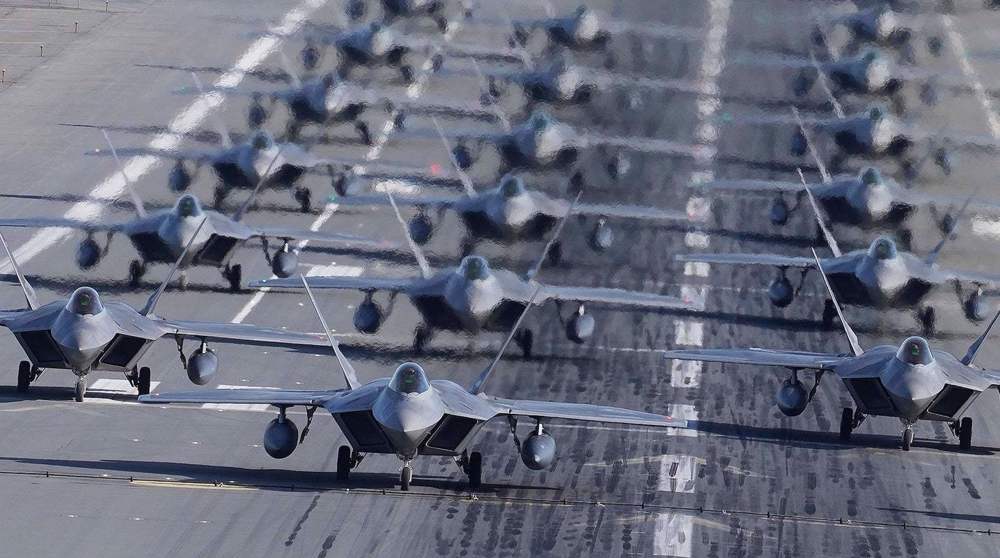
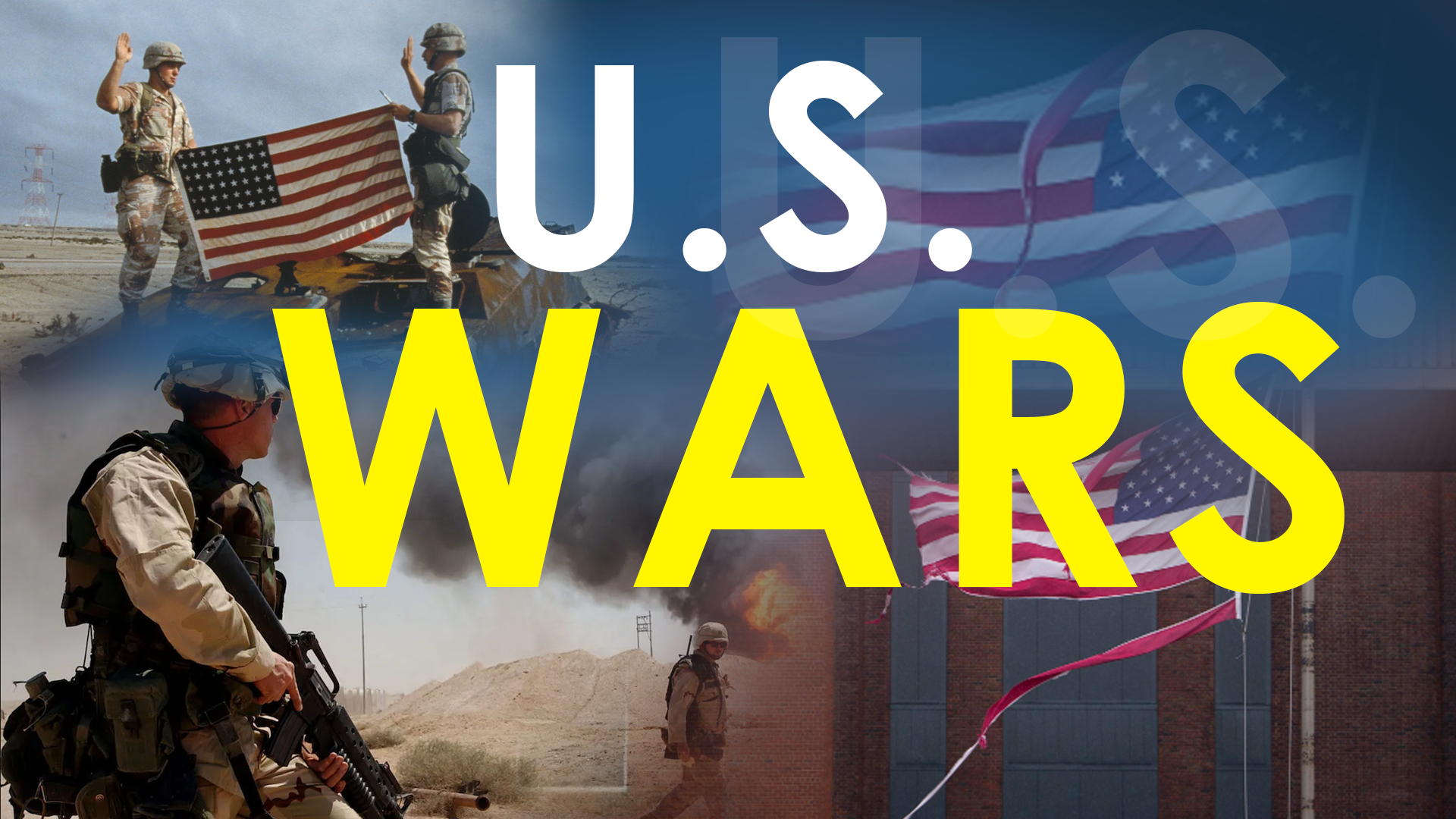
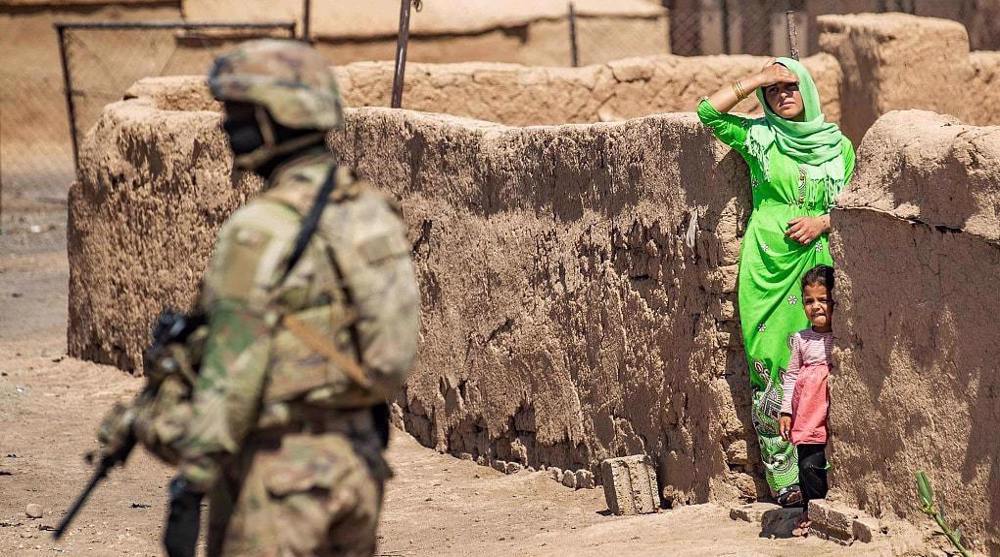
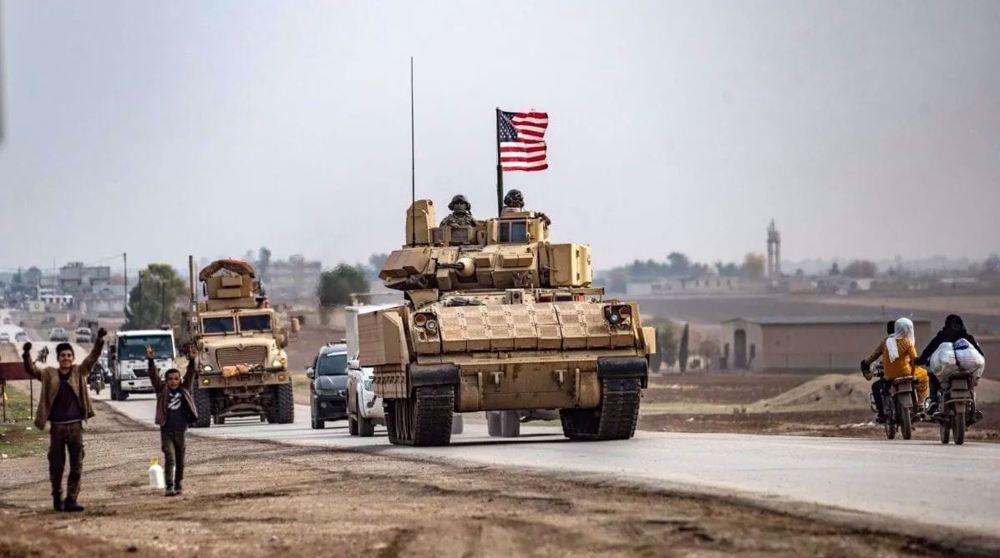
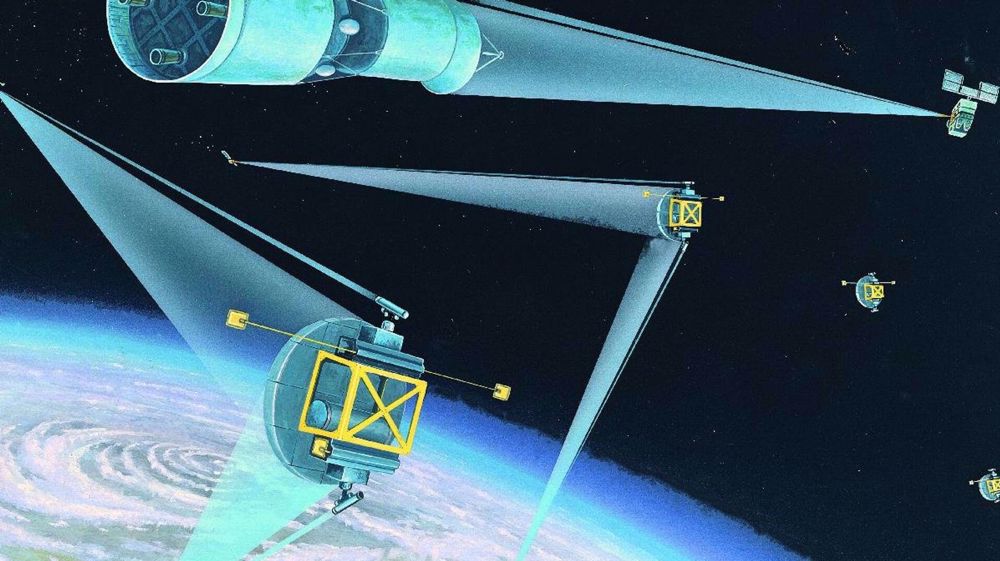
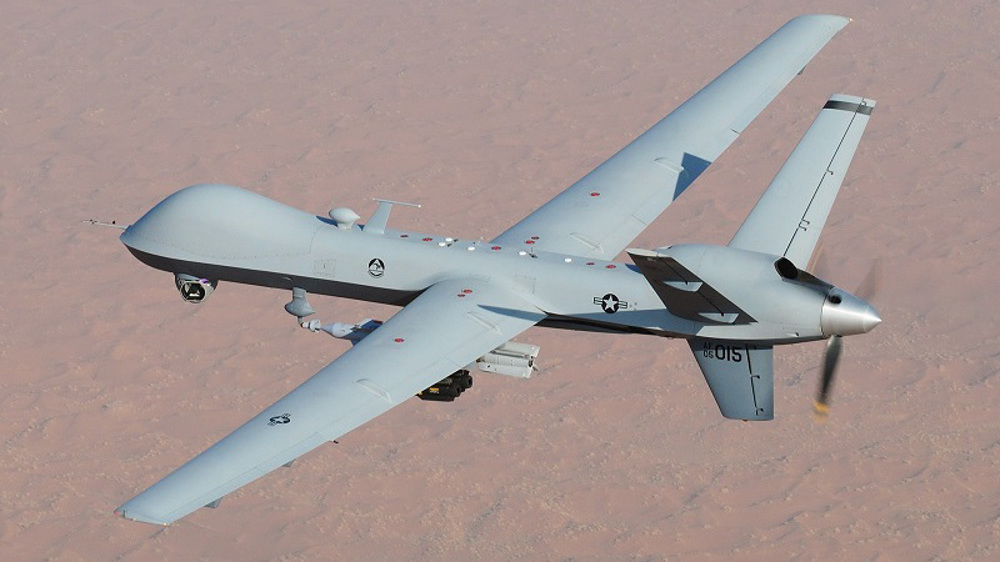
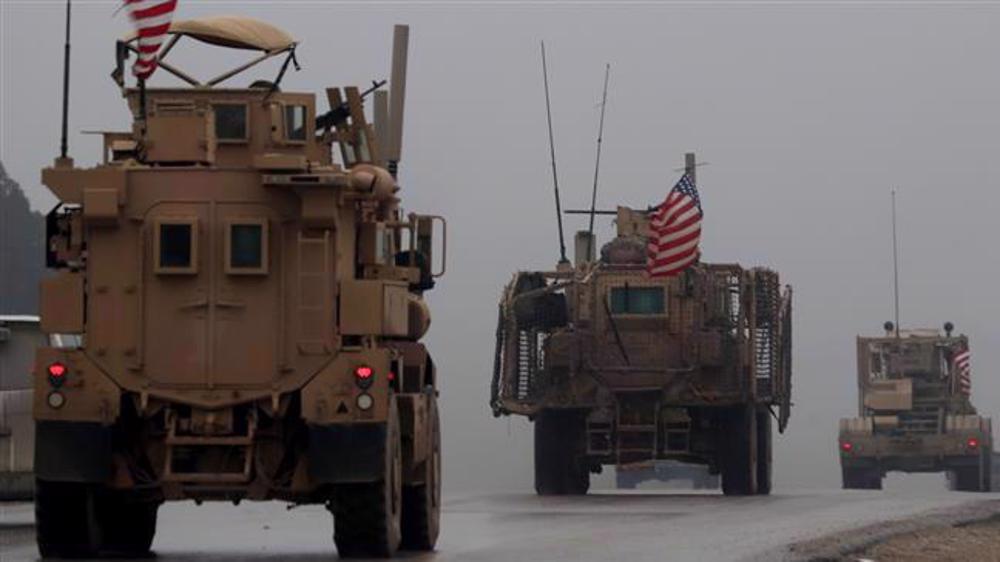






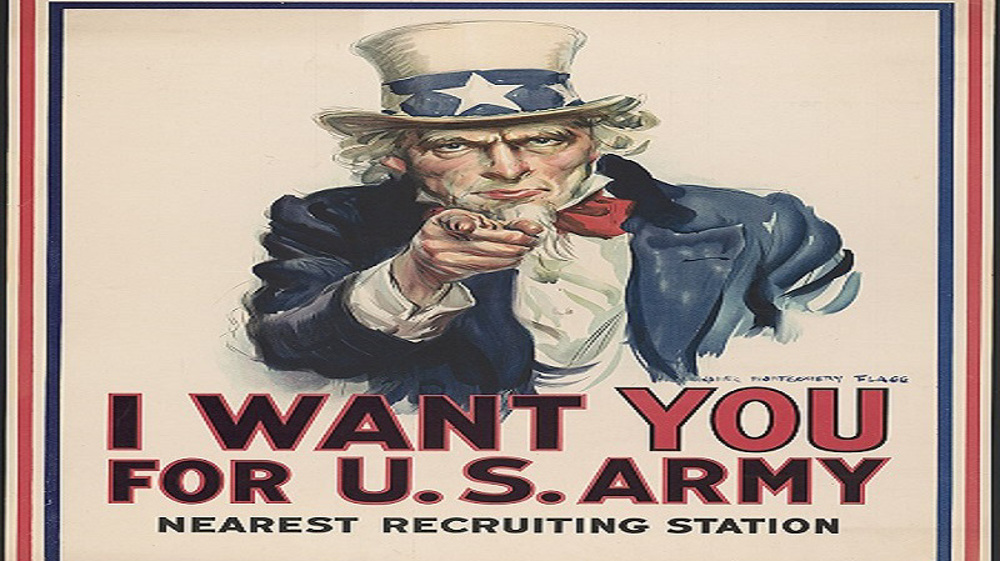
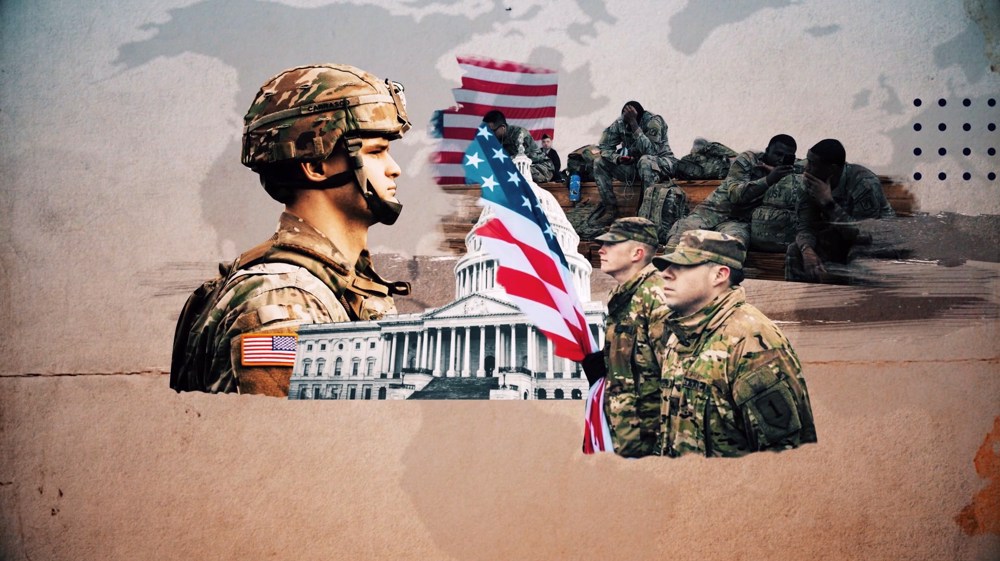

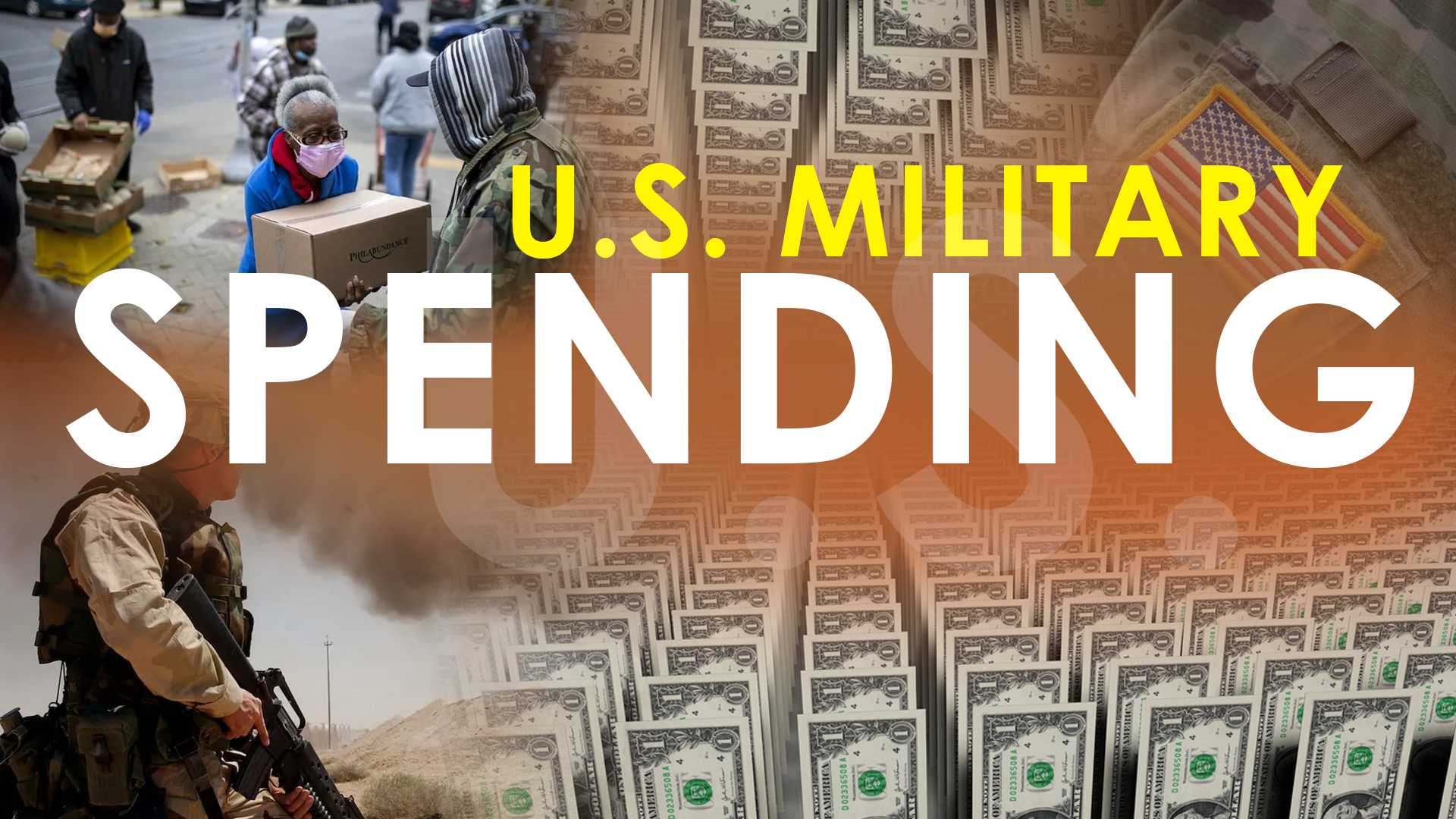
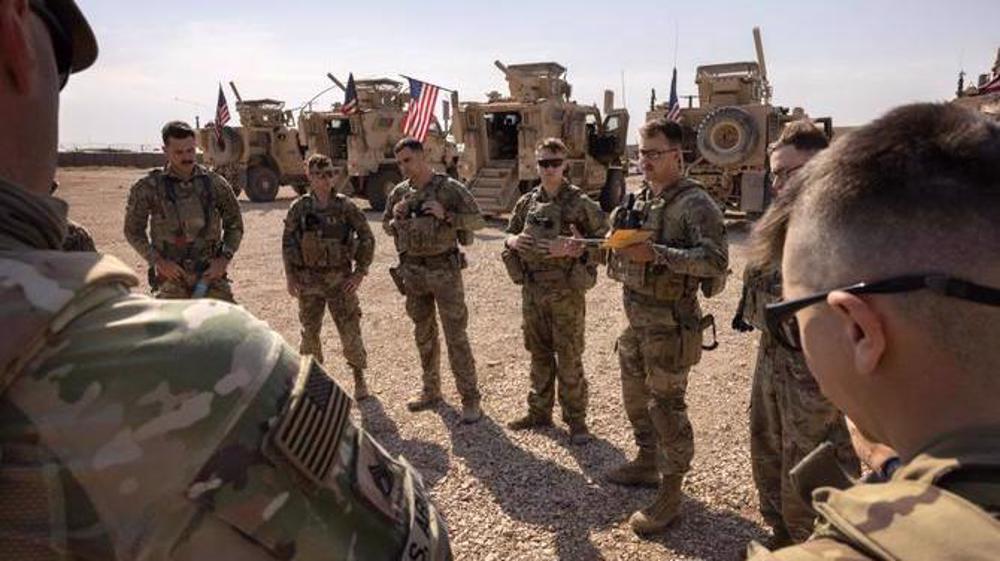

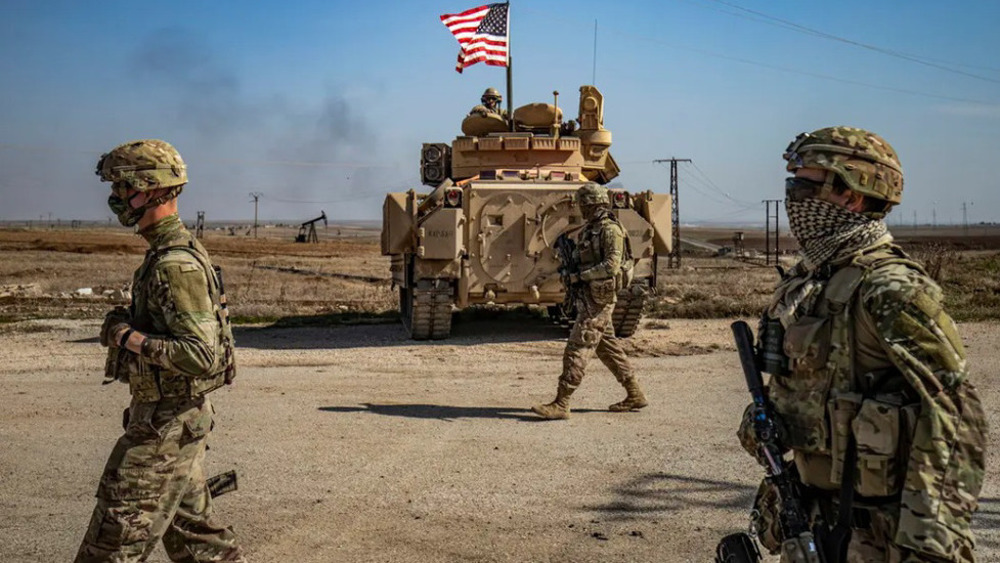
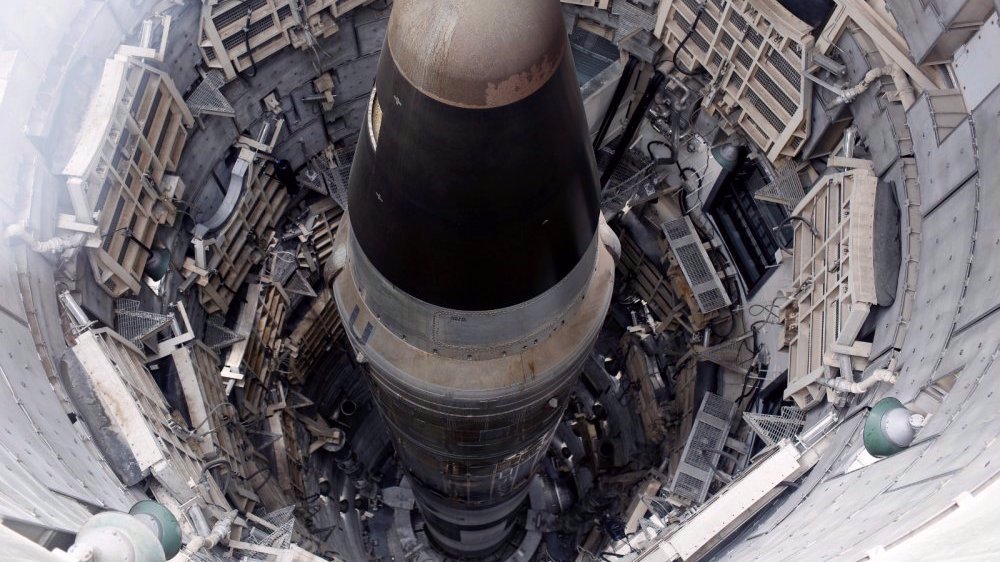



 This makes it easy to access the Press TV website
This makes it easy to access the Press TV website